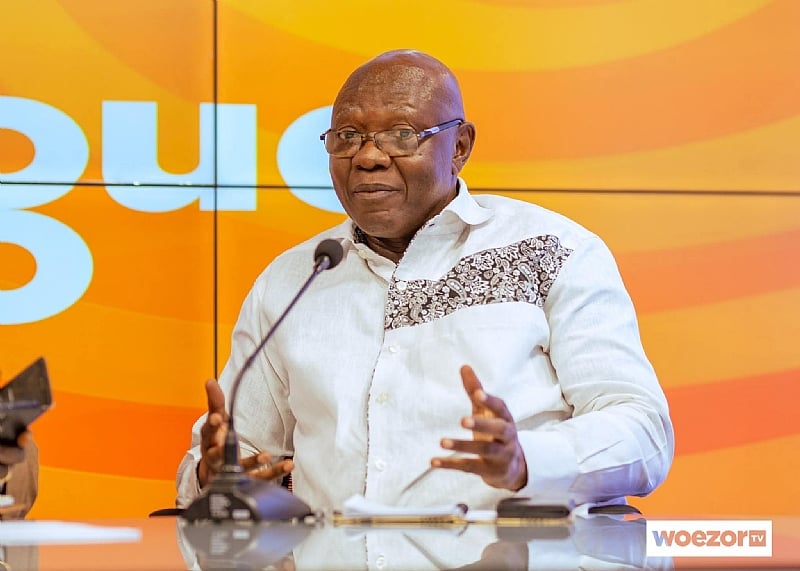Dr. Akwasi Opong-Fosu, a distinguished governance and public policy analyst, has issued a clarion call for national unity and a departure from the divisive forces of ethnicity and partisanship that threaten Ghana’s progress. Speaking at the Crossfire Governance and Leadership Public Lectures Series in Accra, under the theme “Conversation on Resetting the Nation,” Dr. Opong-Fosu emphasized the urgent need for leadership that transcends tribal and parochial interests, prioritizing national identity above all other affiliations. He championed the “Reset Agenda,” spearheaded by former President John Dramani Mahama, as a crucial national project aimed at revitalizing institutions, restoring ethical values, and fostering meaningful citizen engagement. This agenda, he argued, represents a fundamental shift away from a dysfunctional status quo towards a people-centric, ethical, and development-oriented state.
At the heart of this national reset lies the demand for visionary leaders imbued with integrity, conviction, and compassion. Dr. Opong-Fosu stressed the importance of such leadership across all sectors of society – political, traditional, religious, business, and civil society – to effectively steer Ghana towards transformative change. He underscored the critical role of government engagement with its citizens, emphasizing the need for open and accountable governance, decentralized power structures, and economic policies that reflect the lived realities of Ghanaians. Central to this vision is a neutral, efficient, and accountable public sector, free from political manipulation and driven by performance and integrity. This includes comprehensive reforms in procurement processes, political financing, asset declaration, and robust enforcement mechanisms to ensure transparency and accountability.
Economic policies, according to Dr. Opong-Fosu, must prioritize the empowerment of the poor, provide support for vulnerable populations, and promote broad-based wealth creation. He condemned the divisive impact of ethnicity and partisanship, highlighting the urgent need for a reset grounded in equity, fairness, and unity. These principles, he argued, should serve as both a moral and strategic compass for the nation’s progress. Education, too, plays a pivotal role in shaping civic-minded, creative, and critical-thinking citizens. Dr. Opong-Fosu advocated for a curriculum that reflects Ghana’s developmental needs and reinforces a strong sense of national identity.
To facilitate this comprehensive institutional overhaul, Dr. Opong-Fosu proposed the establishment of a National Institutional Renewal Commission (NIRC). This commission would be tasked with restructuring and revitalizing state institutions, addressing unethical conduct, and restoring public trust in the government. He further emphasized the importance of a new social contract between the government and its citizens, built on the foundations of rights, duties, transparency, and accountability. Crucial to this renewed compact is the role of independent watchdogs, ensuring that power is held in check and accountability is maintained.
The media and civil society, according to Dr. Opong-Fosu, bear a significant responsibility as guardians of accountability. They must resist becoming complicit in self-serving leadership and the politics of individualism, materialism, and impunity. Instead, they should serve as vigilant watchdogs, holding those in power accountable and ensuring that the interests of the people are prioritized. This requires a robust and independent media landscape, empowered to investigate and expose corruption, and a vibrant civil society actively engaged in advocating for good governance and holding leaders accountable.
The call for a national reset extends beyond mere rhetoric; it demands concrete action and a fundamental shift in mindset. It requires a commitment from all segments of society – political leaders, traditional authorities, religious leaders, business leaders, civil society organizations, and ordinary citizens – to work together to build a more just, equitable, and prosperous Ghana. This involves embracing diversity while prioritizing national unity, promoting ethical leadership, fostering transparency and accountability, and empowering citizens to actively participate in shaping the nation’s future. The reset agenda, therefore, is not just a political project; it is a national imperative that demands the collective effort of all Ghanaians.


